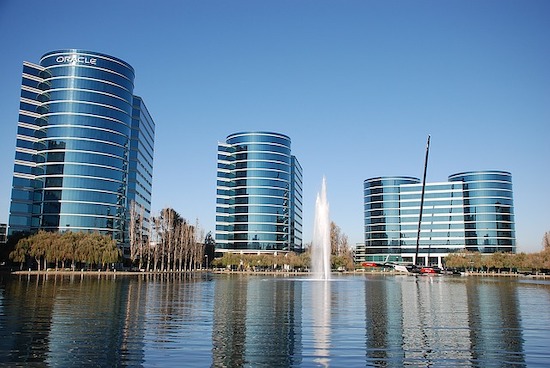Wendy Liu epitomises the zeal of a convert. While once she chased the dreams of excessive wealth through the mediums of new technology and private equity, now she critiques the tech industry’s propagation of capitalism’s worst habits. Abolish Silicon Valley is the long form result of her work as an agitative tech journalist and analyst of startup discourse. It’s a breezy, accessible entry point for people curious about new leftist politics which concludes with a series of policy proposals for a post-neoliberal world, but its strength lies in Liu’s recounting of her experiences within the tent she’s now pissing into.
For the most part, Abolish Silicon Valley is a memoir which tracks Liu’s personal history from her teens to her late 20s. It begins during her early years as an incognito member of the open source software movement. Online culture’s rebellious streak and the possibility to effect change through digital systems is what draws her to the industry. Keen to focus on software, she attends Canada’s McGill University where she undertakes a joint degree in physics and computer science.
Silicon Valley itself has a somewhat negligible physical presence in the narrative. The Valley is mostly portrayed as a mindset which can be traced in almost every facet of contemporary American life. For much of the narrative, Liu is a semi-outsider, frustrated by the seeming randomness of wealth and opportunities afforded to peers. She goes to the region mostly for inconsequential meetings and, while still at university, to intern at Google. During her internship she experiences intense boredom at work followed by organised fun at parties hosted by the likes of Uber. It’s quite unsettling to read how the politics of meritocracy and platitudinous marketing syntax are deployed within corporate cultures which cast themselves as familial but act like mafioso.
A majority of the book finds Liu recounting her days as part of a motley crew of university friends dedicated to the startup they cofounded. What exactly this data-driven business was meant to be producing remains unclear, even for Liu it seems. She says a few times that the service it was providing was boring, “but the technical problem was captivating.” The startup dissolves after abortive attempts to obtain either the clientele or the financial backing to make the project a financial success. By this point, Liu has already been keeping a note of the inconsistencies of the world around her, from what she perceives as the unfair treatment of manual labouring staff at Google HQ to the critiques of capitalism which seeped through the gaps of the industry’s echo chamber.
The brief eighteen pages which outline “A New Industrial Model”, full of passionate ideas about democratising workplaces and nationalising tech infrastructure, are disorientingly breathless. Liu admits that there is a utopianism embodied by these pages, but the problem is not that any of her positions are unarguable, more that this feels like a conclusion to a different book. There is a gap between Liu’s first person retelling of her experiences in the tech industry and the concluding meta critique of the economic structure of the United States of America. I can intuit how one leads to the other, but, as Liu says herself, “it’s still hard to piece together the steps that got me from where I was to where I am now.” She tantalises the reader by mentioning books and ideas which transformed her, and the master’s degree in inequality she obtained from the London School of Economics – we might’ve benefited from being taken on that journey with her in more detail.
Her confidence is persuasive. Liu doesn’t make ideological concessions for the people she’s attempting to generate a class consciousness within. (She does also say that she is not here to change minds, which points towards a wider malaise about the possibility of triumphing tribalism.) She highlights that the idea that entrepreneurs are the best innovators is misconceived, a point that economist Mark Blyth has also been persuasively arguing over the last few years. And if, after reading this book, someone needs more proof that meritocracy is a fallacy I heartily recommend Daniel Markovits’s deconstruction of the term.
Liu’s book treats the USA as its zero point, and thus its main drawback as a political text is that it pays little attention to the exploitation of land and people in Asia, South America and Africa which the tech industry relies on. Her criticisms of the industry’s gendered imbalances appear crucial in the opening chapters, but this train of thought isn’t fleshed out and feels like a lost thread. This is another moment where the book could have benefited from some third person detail, along the lines of Liu’s own insightful explanation of GDPR’s explainability clause in relation to algorithms, for example.
Early on, she states that this is the book she wishes she’d had before entering the industry. This is authorial proof that Abolish Silicon Valley is best approached as an insightful textbook for young adult readers who are feeling the pressure of graduation, apprenticeships and internships. This is a category currently dominated by self help guides such as Katharine Brooks’s You Majored in What? which do little other than normalise careerist impulses. Liu’s strongest point, that the best route to overcoming the pressure of individuation are forms of collectivity, is the perfect counterweight to this zeitgeist. It’s worth having on the shelf to afford aspirational youth the realisation that it is better to work to live, rather than live to work, before it’s too late.
Abolish Silicon Valley by Wendy Liu is published by Repeater Books


